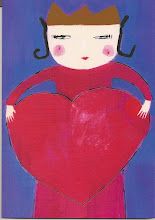When I think I know something, I stop paying attention.I don't see this as anti-intellectual (as in "don't try and figure things out" or "you can't 'know' anything"), I see it as staying humble (as in "you could be wrong; you could have more to learn").
Then again, there undoubtedly are things that don't warrant much attention.
Still, there is something to be learned even from, say, Paris Hilton. For one, I recall that one can learn by positive as well as negative example, i.e., what not to do. . . .
The important thing is to pay attention.
Just maybe not to Paris Hilton, or she'll wear this bathing suit again. Let's not encourage her.
